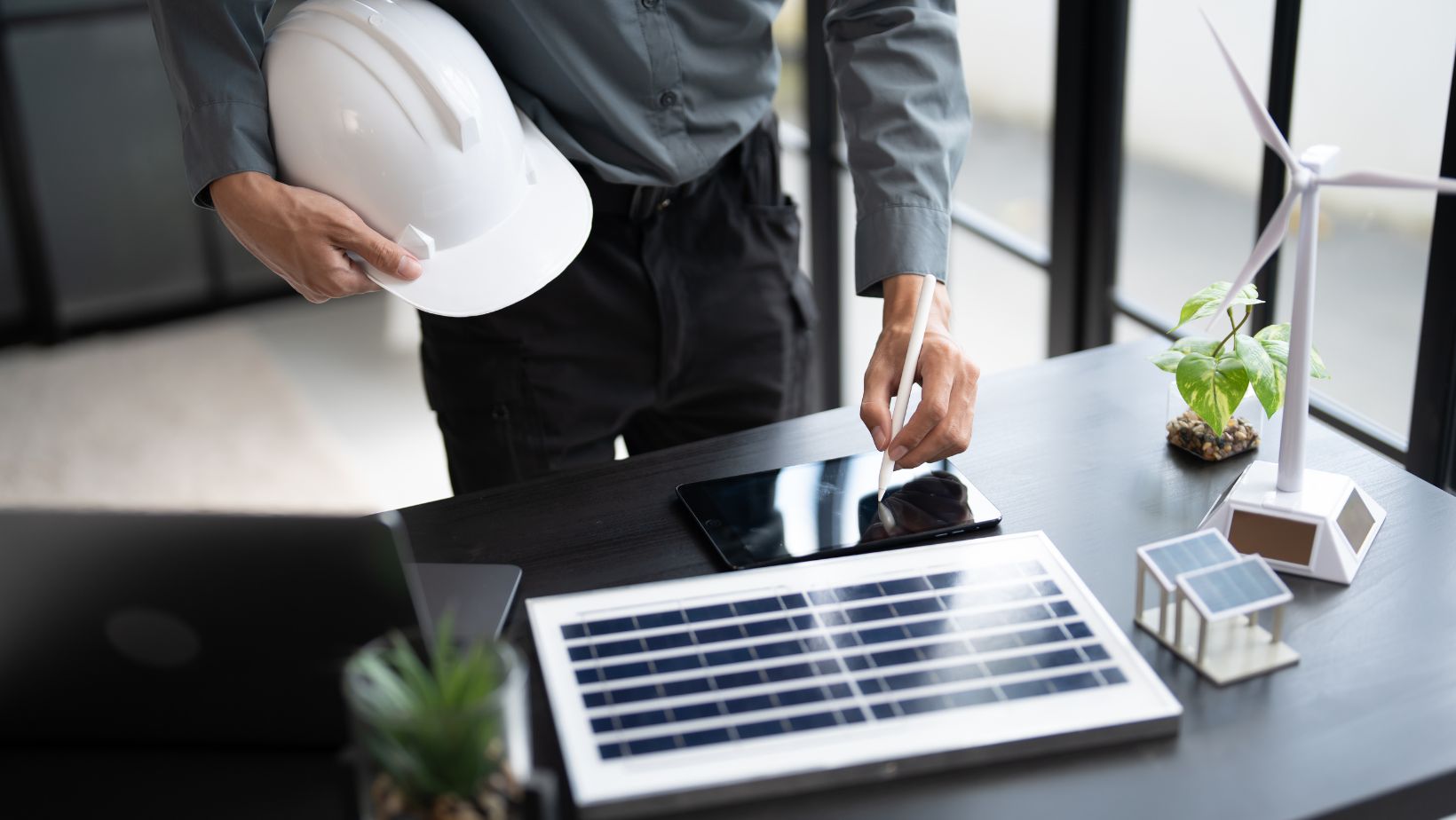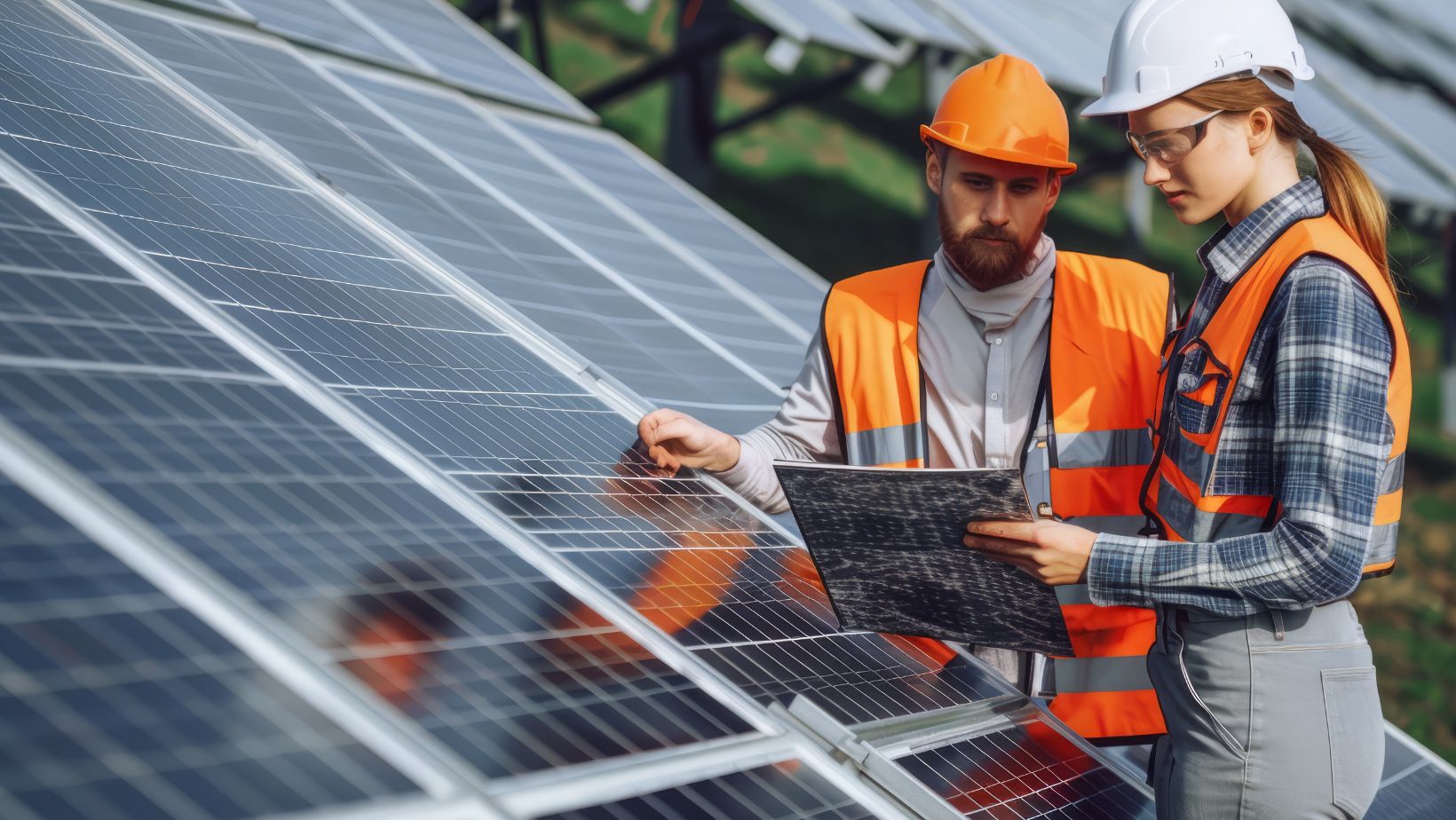Buying a solar system feels like a straight path to lower utility bills and the satisfaction of going green. But here’s the reality: one wrong decision can leave you with panels that don’t fit your roof, contracts that drain your wallet, or outdated technology just a few years in.
That’s why doing your homework before choosing a solar system is essential. Solar is more than just panels-it’s a long-term investment in savings, independence, and energy reliability. To help you make the right choice, here are the most common mistakes to avoid.
Table of Contents
Toggle1. Skipping a Roof Inspection
Your roof is the foundation of your solar system. If it’s near the end of its lifespan, cracked, or uneven, you’ll face costly uninstall/reinstall fees down the road. Always assess your roof’s condition and durability before installation-it saves money and headaches later.
2. Ignoring Energy Usage Data
Sizing your system without reviewing your past electricity bills is like buying shoes without knowing your size. Analyze your monthly usage across seasons to ensure your system is designed to match your lifestyle and not just a sales estimate.
3. Chasing the Cheapest Panels
Low-cost panels may look tempting, but they often mean lower efficiency and weaker warranties. A solar system should last decades, so prioritize performance and longevity over bargain pricing.
4. Overlooking Inverter Quality
While panels get all the attention, inverters are the workhorses that turn sunlight into usable power. Cheap or low-quality inverters lead to frequent breakdowns and reduced performance. Choose a system with reliable inverters backed by solid warranties.
5. Falling for Sales Hype
High-pressure sales tactics and “limited-time offers” can cloud your judgment. Instead, compare multiple quotes, review the fine print, and research installers before signing anything. The best deal is one that truly fits your home and energy needs.
6. Forgetting Permits & Local Rules
Local utilities, municipalities, and neighborhood associations often have regulations for solar installation. Failing to secure the proper permits can result in fines or removal orders. A reputable installer should handle this, but always confirm their responsibility.
7. Misjudging Financing Options
Solar isn’t a small expense. While leases and power purchase agreements may reduce upfront costs, they don’t offer ownership.

Buying outright or through loans (when possible) often delivers better long-term savings and tax benefits.
8. Overlooking Battery Storage
Without storage, you’ll still rely on the grid. Investing in a server rack battery or similar storage solution allows you to keep the lights on during outages and maximize your energy independence.
9. Skipping Warranty Details
Strong warranties protect you from premature failures and efficiency loss. Look for at least 25 years of performance coverage on panels and solid protection for inverters and other equipment.
10. Choosing the Wrong Installer
The best panels won’t perform if they’re poorly installed. Always work with certified installers who have strong reviews and proven experience in your area. Quality installation ensures safety, performance, and long-term durability.
11. Ignoring Future Upgrades
Solar technology evolves quickly. Ensure your system is expandable so you can add panels or integrate newer battery technology later without replacing your entire setup.
12. Underestimating Maintenance
While solar is low-maintenance, it’s not zero-maintenance. Plan on occasional cleanings and inspections to keep your panels operating at peak efficiency.
13. Overlooking Resale Value
Owning your solar system adds property value, while leasing can complicate resale. Buyers love the appeal of lower energy bills, but they don’t want to inherit restrictive contracts.
14. Trusting Outdated Information
Solar incentives, rebates, and technologies evolve fast. Relying on outdated resources can cost you savings or leave you with older, less efficient equipment. Always check the latest information before making decisions.
Key Takeaway
Solar is a smart investment, but only if you approach it carefully. Cutting corners or falling for shortcuts can cost you thousands in the long run.






